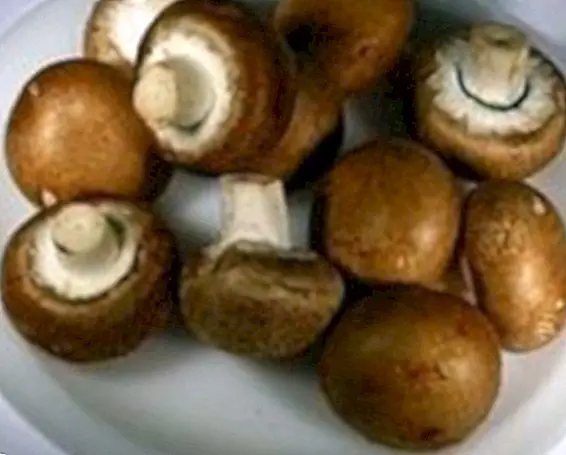Benefits and properties of rose hips and contraindications
The hip It is also known as wild rose, it is a medicinal plant that belongs to the family of "Rosaceae", And its scientific name is"canine rose" It is a plant rich in vitamin C therefore it is very useful in cases where there is deficiency of this vitamin.
Between the rosehip properties more important we can mention that it is a plant with nutritional benefits, acts as a laxative and mild diuretic, is astringent and also strengthens and increases the defenses.

The dogrose It is ideal to help raise the body's defenses, at the same time that it prevents us from suffering from colds and infections.
The dogrose also has tonic properties and is excellent to combat the states of exhaustion or weakness that sometimes show us when seasonal changes occur especially in spring and autumn.
This medicinal plant is also effective for promote good intestinal transit with what we can resort to it in case of occasional constipation. In addition to the conditions described above, rose hip is also recommended for conditions of both the gallbladder and the kidneys and bladder.
Among the most important active principles of rose hips we can mention vitamin C, tannins, pectins, carotenes, organic acids and fats. The parts of the rose hip that are used as a medicinal plant to prepare various medicinal remedies are the fruit of the dogrose and the seeds.
The dogrose can be achieved in herbalists, parapharmacies, natural products stores and also in specialized online stores; in different formats such as dry plant, fruits and dried seeds, powder, tincture, capsules, drinkable drops, floral water and in essential oil.

Discover how to prepare natural remedies with rose hips
Rose hip infusion to prevent colds
Rose hip is rich in vitamin C and helps us strengthen and raise our defenses with what we can be strong and that colds and the flu do not affect us.
To prepare this infusion we only need two teaspoons of dry rosehip and a cup of mineral water.
We put the water on the fire to boil. When it starts to boil we add the dogrose. Remove from heat, cover the infusion and let it rest for 10 minutes. We fill the infusion and when it is warm we can take it.
If infusions with a sweet touch are preferred, we can sweeten it to taste, with a teaspoon of honey, a teaspoon of brown cane sugar, or stevia.
We can have a cup 3 times a day.
Rose hip decoction for lack of appetite
This preparation with rose hip is effective for situations in which we find ourselves inappetent or lack of appetite.
To prepare this remedy we need 2 teaspoons of rose hips and a cup of mineral water.
In a heater we put the water on the fire together with the rose hips to boil. When it starts to boil, lower the heat and keep it boiling for 10 minutes. Remove from heat, cover and let rest for 15 minutes.
We fill the preparation and when it is warm we can take it. From this remedy we can take a cup 3 times a day.

Infusion of rose hips to improve intestinal transit
The dogrose has beneficial properties like the one that we treat with this infusion. The benefits of rose hips in this infusion are for prevent constipation. The rose hip acts as a light or mild laxative with what prevent constipation, or if you suffer from constipation will help us to evacuate.
Prepare this infusion with 2 teaspoons and a half of rose hip and a cup of mineral water. We put the water to boil and when it starts to boil add the dogrose.
Remove from the heat, cover the infusion and let it rest for 10 minutes. We strain the infusion and sweeten it to taste. When it is warm, we can take it.
From this infusion it is advisable to take a cup 3 times a day.
Rosehip contraindications
Whenever the doses recommended by the therapeutic professionals are taken, the dogrose is well tolerated, so we must stick to the indications prescribed by both the professionals and follow the indications of the prospects.
However, dogrose is contraindicated in the following cases:
- People with allergies or who have presented intolerance to the Rosaceae family.
- During the period of pregnancy.
- During the period of lactation.
- In children.



